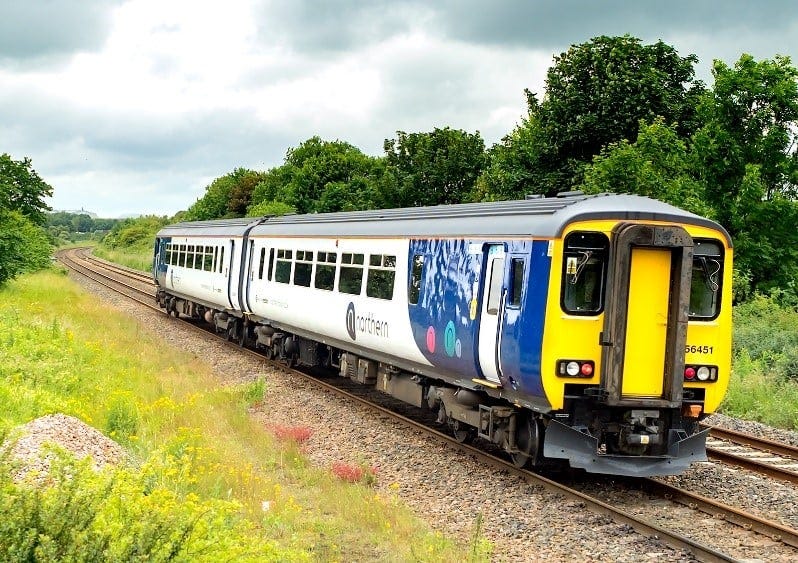Northern rail made more than half a million in "unlawful" fare evasion prosecutions
The Lead has found that there were almost 6,000 out of court settlements by the train operator for fare evasion charges in the last four years.
New figures show a train operator has made more than half a million pounds worth of out of court settlements for fare evasions in the last four years. Some of the fines that have been paid – and can’t now be overturned – should never have been pursued.
A Freedom of Information request by The Lead to Northern rail has…






